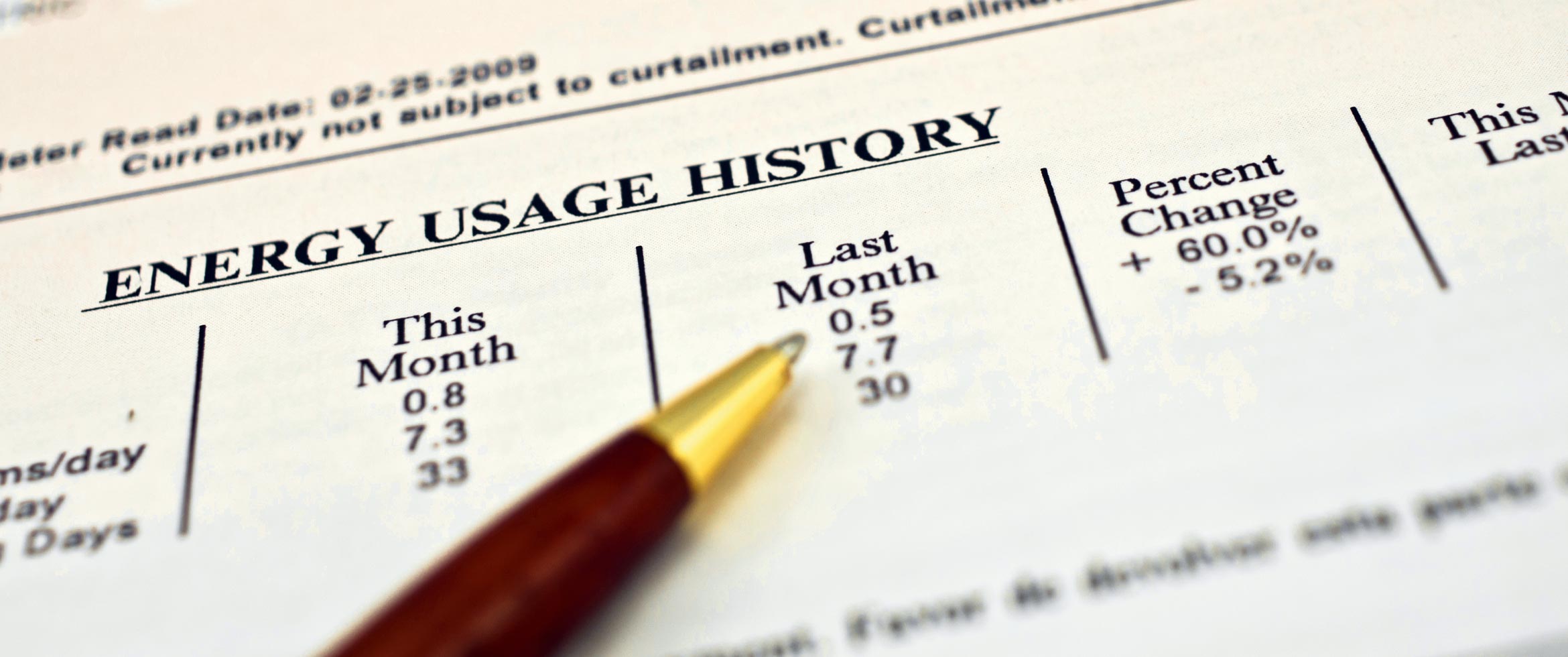A Behavioral Analysis of Peaking in Residential Electrical-Energy Consumers
Kohlenberg, R., Phillips, T., & Proctor, W. (1976). A behavioral analysis of peaking in residential electrical-energy consumers. Journal of Applied Behavior Analysis, 9(1), 13-18.
A Review of Intervention Studies Aimed at Household Energy Conservation
Abrahamse, W., Steg, L., Vlek, C., & Rothengatter, T. (2005). A review of intervention studies aimed at household energy conservation. Journal of Environmental Psychology, 25(3), 273-291.
The Effect of Tailored Information, Goal Setting, and Tailored Feedback on Household Energy Use, Energy-Related Behaviors, and Behavioral Antecedents
Abrahamse, W., Steg, L., Vlek, C., & Rothengatter, T. (2007). The effect of tailored information, goal setting, and tailored feedback on household energy use, energy-related behaviors, and behavioral antecedents. Journal of Environmental Psychology, 27(4), 265-276.
Crafting Normative Messages to Protect the Environment
Cialdini, R. (2003). Crafting normative messages to protect the environment. Current Directions in Psychological Science, 12(4), 105-109. doi:10.1111/1467-8721.01242.
Changing Behavior with Normative Feedback Interventions: A Field Experiment on Curbside Recycling
Schultz, P. W. (1999). Changing behavior with normative feedback interventions: A field experiment on curbside recycling. Basic and Applied Social Psychology, 21, 1, 25-36.
Successfully Changing Individual Travel Behavior: Applying Community-Based Social Marketing to Travel Choice
Cooper, C. (2007). Successfully changing individual travel behavior: Applying community-based social marketing to travel choice. Transportation Research Record, (2021), pp. 88-99.
The Environmentalist who Cried Drought: Reactions to Repeated Warnings about Depleting Resources Under Conditions of Uncertainty
Joireman, J., Posey, D., Truelove, H., & Parks, C. (2009). The environmentalist who cried drought: Reactions to repeated warnings about depleting resources under conditions of uncertainty. Journal of Environmental Psychology, 29(2), 181-192.
Promoting Energy Conservation in University Dormitories by Physical, Policy and Resident Behavior Changes
McClelland, L. & Belsten, L. (1979). Promoting energy conservation in university dormitories by physical, policy and resident behavior changes. Journal of Environmental Systems, 9, 1, 29-38.
Behavioral Interventions in Resource Conservation: A System Approach Based on Behavioral Economics
Winkler, R. C., & Winett, R. A. (1982). Behavioral interventions in resource conservation: A system approach based on behavioral economics. American Psychologist, 37, 4, 421-435.
Who Recycles and When? A Review of Personal and Situational Factors
Schultz, P. W., Oskamp, S., & Mainieri, T. (1995). Who recycles and when? A review of personal and situational factors. Journal of Enviornmental Psychology, 15, 2, 105-121.



